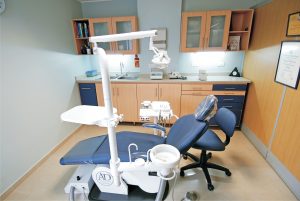 By: Chase Howard
By: Chase Howard
Investing in a healthcare related business involves significant time and money. Building a brand takes even more and is extremely important in today’s society. Having the ability to build a recognizable brand, scale, and potentially sell, is the goal of many healthcare business entrepreneurs. With the ever-booming impact of social media, online advertising, and online reviews, healthcare businesses seek to engage at a higher degree than ever before to attract new patients, retain current patients, and establish themselves as experts in their respective fields.
Building a brand is part of it, while protecting that brand is far more important. A well-recognized word or logo can be worth everything to your business. Obtaining ownership and protection over a name or mark is a fairly simply task with significant rewards. Trademarks are the names, slogans, tag lines, and/or logos that identify and represent your business, its services, and mission to the public, and are the foundation for the business’s overall branding and marketing. Trademarks can also be used to protect your business in a specific area or a specific area of expertise. If you do not protect your brand, a competitor could use it (or something similar, which could confuse the public and your patients and therefore potentially draw business away from your brand.Continue reading



 By:
By:  June 1, 2020 – Florida Healthcare Law Firms adds experienced attorney
June 1, 2020 – Florida Healthcare Law Firms adds experienced attorney 
 By:
By: